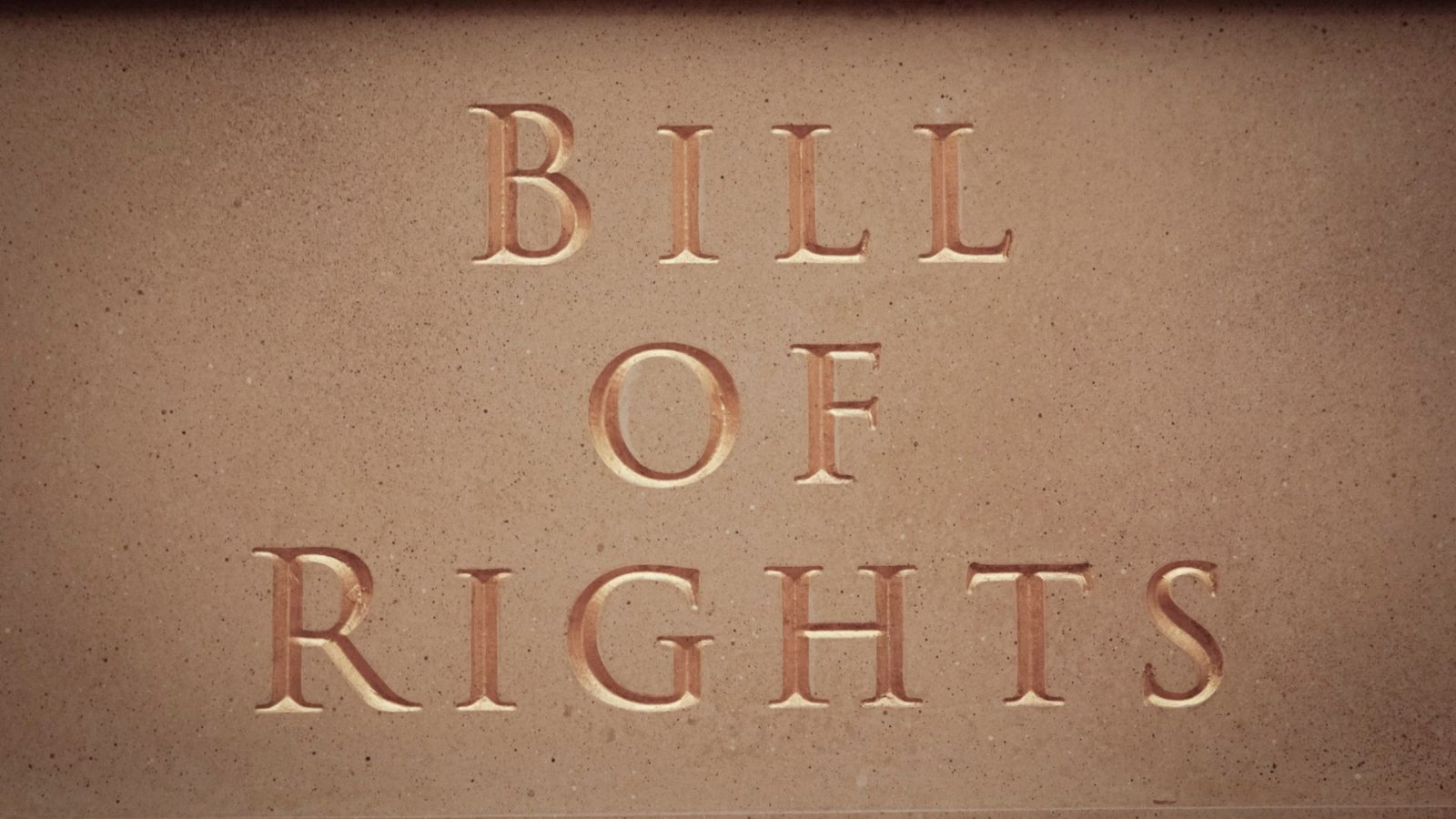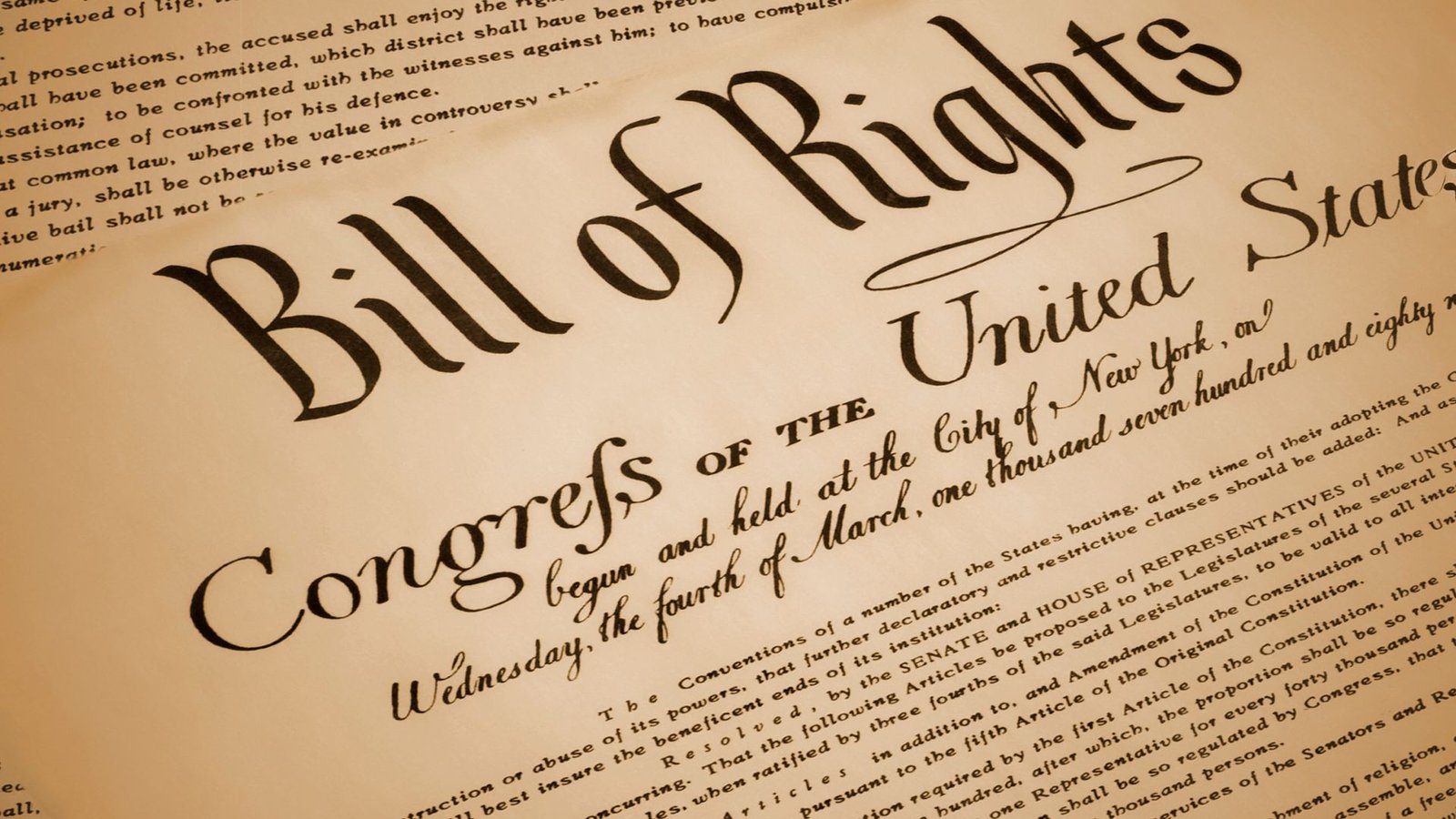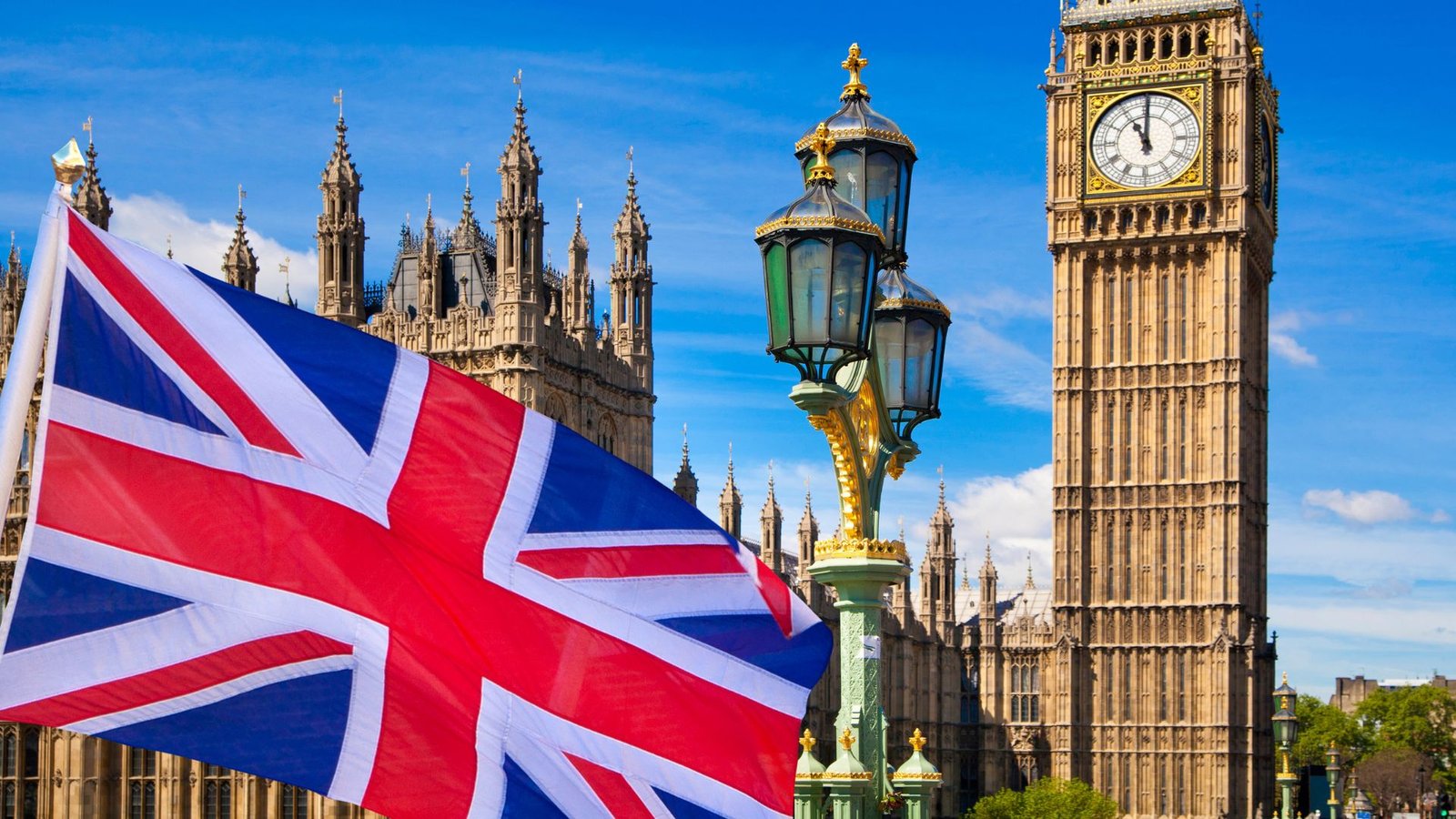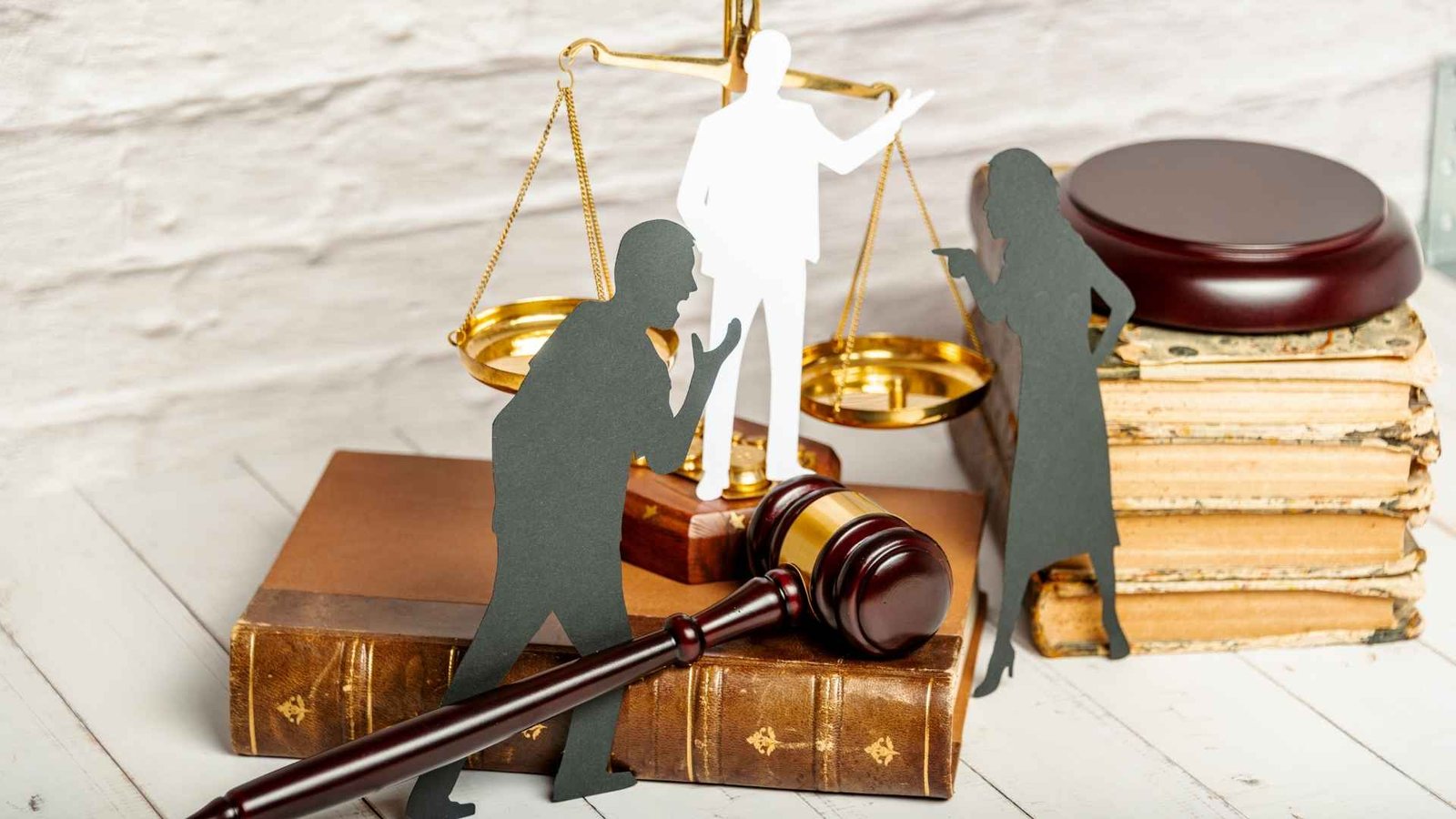On this page you will read detailed information about Bill of Rights 1689.
You are about to learn the fascinating history behind one of England’s most important legal documents. The Bill of Rights of 1689 established crucial rights and liberties and changed the course of English government. As you read, you’ll discover how this revolutionary bill came into being during a turbulent time in English politics. You’ll see how it transformed the monarchy and parliament by setting limits on royal power. This article will provide key insights into the birth of modern democracy in England through the adoption of the Bill of Rights. You’ll gain a deeper understanding of the people and events that produced this seminal document over 300 years ago, one that continues to shape English law and politics today.
The Origins of the Bill of Rights of 1689
The Glorious Revolution of 1688 resulted in the overthrow of King James II and the ascension of William and Mary to the English throne. To establish the legitimacy of the new monarchs and win the support of Parliament, William and Mary agreed to the passage of the Bill of Rights in 1689. The Bill of Rights ended the divine right of kings in England and established the rights of Parliament and the limits of royal power.
The Desire for Political Reform
By the late 17th century, tensions were rising between the Stuart kings and Parliament over the extent of royal prerogative. King James II had attempted to rule as an absolute monarch, suspending laws passed by Parliament and persecuting Protestants. His policies outraged the political nation and the ruling classes. The Glorious Revolution and the invitation to William of Orange to take the throne were attempts by Parliament to curb the powers of the king and ensure that the monarchy was subject to the law and Protestantism.
Asserting the Rights and Privileges of Parliament
The Bill of Rights explicitly restricted the king’s power over Parliament. It decreed that the king could not suspend or dispense with laws passed by Parliament. It also prohibited the king from levying taxes or maintaining a standing army during peacetime without Parliament’s consent. Parliament gained the sole right to regulate the succession to the throne and the administration of justice. The Bill of Rights secured parliamentary privileges and the rights of free speech during debates.
Protecting Liberty and Religion
The Bill of Rights established certain civil rights and liberties for English citizens. It guaranteed the right to petition the king and prohibited cruel and unusual punishments. It also ensured the right of Protestants to bear arms for their defense and have freedom of speech in Parliament. The Bill of Rights cemented the primacy of the Church of England, forbidding the monarch from being or marrying a Catholic.
In summary, the Bill of Rights of 1689 was a revolutionary document that established the constitutional monarchy and parliamentary system of government in England. It marked the end of absolutism and the beginning of a modern system of government with separation of powers, rule of law, and protections of civil rights.
In the previous post, we had shared information about The Trade Union Act 1926: A Legislative Analysis, so read that post also.
Key Provisions in the Bill of Rights
The Bill of Rights established several fundamental civil rights and legal principles that still resonate today. Some of the most significant provisions are outlined below.
Protection from cruel and unusual punishment
The Bill of Rights prohibited cruel and unusual punishment, helping establish basic standards of decency in the legal system. This provision barred punishments that were physically painful, degrading, or disproportionate to the crime.
Right to petition the government
The Bill of Rights guaranteed the right to petition the government for redress of grievances. This allowed citizens to vocalize their concerns and complaints to Parliament and the monarch. It helped give citizens a mechanism to enact political change and shape government policy.
Freedom of speech in Parliament
Members of Parliament were given freedom of speech and debate within the walls of Parliament. They could not be questioned or face legal consequences for remarks made during parliamentary proceedings. This provision aimed to give MPs greater independence and latitude to represent their constituents.
Right to bear arms
The Bill of Rights confirmed the right of Protestant subjects to have arms for their defense and the defense of the kingdom. This reflected the political turmoil of the 17th century and the Glorious Revolution that brought William and Mary to power. However, the right to bear arms was limited to Protestants, not all British subjects.
Rights of citizens to petition the monarch
The Bill of Rights gave subjects the right to petition the monarch. While the divine right of kings had previously placed the monarch above the people, this provision affirmed the subject’s right to directly petition and appeal to the king or queen. It established a mechanism for citizens to have their grievances addressed and shape royal policy.
In summary, the Bill of Rights enshrined civil rights and legal principles that remain hallmarks of liberal democracy today. Despite its limitations, it represented an important step toward constitutional rule of law and empowering citizens in government. The liberties it established helped inspire future revolutionary movements and modern democracies.
Limiting the Monarch’s Power
Restricting Royal Prerogative
The Bill of Rights established clear limitations on the king’s ability to rule by royal prerogative, restricting his power to bypass Parliament and act unilaterally. Specifically, it prevented the monarch from suspending laws passed by Parliament or prosecuting subjects without cause. It also prohibited the king from levying taxes or raising an army during peacetime without Parliament’s consent. These constraints severely curtailed the king’s authority and ensured that he could not again wield power in an arbitrary fashion.
Reaffirming Parliamentary Power
The Bill of Rights also reaffirmed the rights and privileges of Parliament, making clear that the legislative body—and not the monarch alone—held sovereignty. It established that “the pretended power of dispensing with laws or the execution of laws by regal authority as it hath been assumed and exercised of late is illegal.” In other words, the king could not ignore or override laws passed by Parliament. It also guaranteed the right of subjects to petition the king and stated that “excessive bail ought not to be required, nor excessive fines imposed, nor cruel and unusual punishments inflicted.” These provisions strengthened Parliament’s position and gave subjects greater protections against potential abuses of power.
Preventing a Catholic Successor
One of the most significant impacts of the Bill of Rights was to bar Catholics or anyone married to a Catholic from succeeding to the throne. In the political context of 17th-century England, in which memories of religious wars and Puritan rule were fresh, restricting the monarchy to Protestants helped ensure stability and continuity. While controversial, the provision reflected the primacy of Parliament in determining the succession and shaped the monarchy for generations.
The Bill of Rights of 1689 established a constitutional monarchy and parliamentary democracy in England that would become a model for governments around the world. By limiting the power of the monarch and affirming the rights of Parliament and subjects, it marked a revolutionary step towards a system of shared power and government by consent. Its impact resonates to this day in the unwritten British constitution.
The Bill of Rights 1689 affirmed parliamentary supremacy in the English constitutional system. It prevented the monarch from suspending or dispensing with laws passed by Parliament.### Laws and Taxation The Bill of Rights stipulated that the authority to make laws and levy taxes resided solely with Parliament. The monarch could no longer legislate without Parliament or levy taxes without its consent. This ensured that Charles II and his successors could not rule as absolute monarchs.
Establishing Parliamentary Supremacy
Suspending and Dispensing Power
The Bill of Rights expressly prohibited the suspending and dispensing power of the monarch. The suspending power allowed the king to temporarily suspend the operation of laws, while the dispensing power allowed him to exempt individuals from the obligation of obeying a particular law. By abolishing these powers, the Bill of Rights enhanced the authority of Parliament and the rule of law.
Standing Armies
The Bill of Rights also provided that the monarch could not keep a standing army in times of peace without the consent of Parliament. The existence of a standing army under the direct control of the king had long been viewed as a threat to English liberties and parliamentary authority. By ensuring parliamentary control over military matters, the Bill of Rights reduced the possibility of the monarch using military force against Parliament or the people.
Freedom of Speech
The Bill of Rights guaranteed certain essential rights and liberties of the subject, including the freedom of speech in Parliament. Members of both Houses were given complete freedom of speech in debates without liability to civil or criminal prosecution. This enabled Parliament to discuss freely any issue it wished and protected its authority from interference by the monarch.
In summary, the Bill of Rights 1689 established the principles of parliamentary supremacy and the rule of law in the English constitutional system. By limiting the powers of the monarch and affirming the rights and privileges of Parliament, it marked an important step in the transition towards parliamentary democracy in England.
Protecting Protestantism in England
The Bill of Rights 1689 enshrined several provisions to secure the Protestant faith as the official religion of England. With the Glorious Revolution of 1688, William and Mary took the throne from the Catholic King James II, and the Bill of Rights codified this change in succession and governance.
Banning Catholicism from the line of succession
One of the most significant statutes was prohibiting Catholics, or those married to Catholics, from becoming monarch. This ensured that England would remain a Protestant nation and avoided a Catholic ruler. The Bill of Rights specified that “it hath been found by experience that it is inconsistent with the safety and welfare of this Protestant kingdom to be governed by a papist prince.”
Restricting the monarch’s power over religion
Under James II, the monarch held broad authority over religious matters in the church. The Bill of Rights established that “the pretended power of suspending of laws or the execution of laws by regal authority without consent of Parliament is illegal.” This reduced the king or queen’s control over the Church of England and religious policy.
Reaffirming the Church of England
The Bill of Rights also reaffirmed the status of the Church of England as the official state church. It decreed that “the kings and queens of England should at their coronation … take the oath mentioned in the statute made in the first year of the reign of king James the First, and … make, subscribe and audibly repeat the declaration mentioned in the statute made in the thirtieth year of the reign of king Charles the Second.” The referenced oaths and declarations established the monarch as the head of the Church of England.
In summary, the Bill of Rights 1689 took substantial measures to protect Protestantism as the religion of England. By barring Catholics from the throne, limiting the monarch’s power over religious affairs, and reaffirming the Church of England, the Bill of Rights enshrined Protestant values and governance following the Glorious Revolution.
The Bill of Rights’ Influence on the U.S. Constitution
The Bill of Rights of 1689 had a profound impact on the framers of the U.S. Constitution and Bill of Rights. The English Bill of Rights established certain rights for citizens and placed limits on the monarch’s power. The founders of America’s democratic system admired these protections and guarantees of essential liberties. They incorporated similar rights and restrictions into the U.S. Constitution and Bill of Rights.
Freedom of Speech and Expression
The First Amendment protects freedom of speech, press, assembly, and petition—rights first outlined in the English Bill of Rights. Both documents affirmed the importance of open debate and political dissent. The founders recognized free expression as fundamental to a democratic society.
Right to Bear Arms
The Second Amendment’s right to bear arms was influenced by the 1689 Bill of Rights’ assertion that Protestant subjects may have arms for their defense. The founders believed individuals had the right to own firearms for self-defense, hunting, and as a check against tyranny.
Prohibition of Cruel and Unusual Punishment
The Eighth Amendment’s ban on cruel and unusual punishment was inspired by a similar provision in the English Bill of Rights. The founders opposed excessive bail, fines, and cruel corporal punishment. They aimed to outlaw brutal and unjustified treatment of prisoners and ensure humane punishment.
Rights of the Accused
The Fourth, Fifth, Sixth, and Seventh Amendments provide rights for those accused of a crime, resembling guarantees in the 1689 Bill of Rights. These include protection from unreasonable search and seizure, double jeopardy, self-incrimination, and denial of due process. The founders created Constitutional safeguards for fair legal proceedings and just treatment of the accused.
The English Bill of Rights constrained the king’s authority, upheld civil liberties, and influenced America’s founders as they drafted the Constitution. Its most significant and enduring impact was on the rights and freedoms at the heart of the U.S. democratic system. The Bill of Rights of 1689 shaped the founding fathers’ vision for justice, liberty, and limited government in a way that still resonates today.
The Enduring Legacy of the 1689 Bill of Rights
The 1689 Bill of Rights established several foundational principles of democracy and individual liberty that endure to this day. By explicitly restricting the king’s power, codifying essential civil rights, and affirming Parliament’s authority, the Bill of Rights shaped the modern constitutional monarchy and articulated ideals that influenced other nations.
The Bill of Rights explicitly prohibited the king from suspending or dispensing with laws, levying taxes, or maintaining a standing army during peacetime without Parliament’s consent. It also forbade cruel and unusual punishments and excessive bail and fines. These provisions reinforced Parliament’s power over legislation and taxation, established due process rights, and protected individuals from tyrannical rule, setting a precedent for constitutional restraints on executive authority.
In addition to limiting the crown’s power, the Bill of Rights enumerated certain civil rights and liberties of the people. It affirmed the right of Protestants to bear arms for self-defense and sport, the right of free election to Parliament, the right to petition the monarch without fear of retribution, freedom of speech in parliamentary debates, and the right to a fair and speedy trial by jury. These protections of civil and political rights would later inspire similar guarantees in the U.S. Bill of Rights and the constitutions of other democracies.
The 1689 Bill of Rights marked a seminal moment in Britain’s political evolution toward democracy and shaped foundational principles of modern liberal democracy. By restricting the king’s power, safeguarding essential rights and liberties, and affirming the authority of Parliament, the Bill of Rights established a constitutional framework of separated and balanced powers that has endured for centuries. Its impact resonates in the values and institutions of democracies around the world today.
The Bill of Rights in the 21st Century
The 1689 Bill of Rights established essential civil and political rights following the Glorious Revolution. Today, over 300 years later, the liberties and protections it enshrined remain deeply relevant. Although the specific grievances that prompted the Bill of Rights are long past, many of the broader issues around arbitrary power, religious freedom and lawful representation continue to shape modern debates.
In the 21st century, governments worldwide still struggle to balance security and civil liberties. Measures like detention without trial or mass government surveillance often provoke controversy. The Bill of Rights’ prohibition of cruel and unusual punishments and insistence on due process of law serve as reminders of the dangers of unchecked power.
Similarly, the guarantee of free speech and debate in Parliament has enduring importance. While the franchise has expanded, representation and transparency remain vital to democratic governance. The Bill of Rights’ role in establishing a constitutional monarchy and parliamentary supremacy has made it a foundation stone of Britain’s political system.
Finally, the protection of the right to petition and freedom of speech have come to be seen as fundamental human rights. Although the Bill of Rights emerged from a specific political and religious context, its core principles have resonated far beyond 17th century England. Overall, the 1689 Bill of Rights represented a decisive step towards accountable government, religious tolerance and civil liberties. Its influence on Britain’s unwritten constitution and values continues today, ensuring its status as a revolutionary document.
In summary, despite the vast social and political changes since 1689, the Bill of Rights enshrined principles that remain crucial to freedom and democracy. Liberty, representation and the rule of law are no less significant now than they were over 300 years ago. The Bill of Rights’ revolutionary vision of a balanced, accountable and pluralistic society still has much to offer the 21st century.
FAQs About the Bill of Rights 1689
The Bill of Rights 1689 established new laws and rights for English citizens following the Glorious Revolution of 1688. If you have questions about this revolutionary document, here are some common queries and answers:
The Bill of Rights ensured certain civil and political rights and liberties for Englishmen that are still upheld today. It prohibited cruel and unusual punishment, excessive bail, and cruel punishment. It also guaranteed free elections and speech in Parliament, the right to petition the monarch, and the right to bear arms for self-defense.
The Bill of Rights was drafted by Parliament to address concerns about the power of the monarchy. After James II was overthrown in the Glorious Revolution, Parliament wanted to ensure that a Catholic monarch could never again assert absolute power. The Bill of Rights restricted the powers of the Crown and established the rights of Parliament and Protestant citizens.
The Bill of Rights strengthened the power of Parliament in the English government. It established that only Parliament could levy taxes and make laws, ensured free speech and debate in Parliament, prohibited the monarchy from suspending or dispensing with laws, and gave Parliament control over the succession to the throne. This marked a shift away from an absolute monarchy toward a constitutional monarchy with a balance of power.
The Bill of Rights was one of England’s first and most historic constitutional documents. It affirmed principles of representative government and placed limits on the power of the monarchy that still shape English law today. It also inspired later documents like the U.S. Bill of Rights and the Universal Declaration of Human Rights. By protecting essential civil liberties and sharing power between the monarchy and Parliament, the Bill of Rights laid the groundwork for modern democracies.
In summary, the Bill of Rights 1689 established a constitutional monarchy in England, guaranteed certain rights and liberties, restricted the power of the Crown, and strengthened the role of Parliament in government. Its impact on democratic principles of governance and human rights continues to be felt around the world today.
Conclusion
You have now explored how the Bill of Rights of 1689 shaped the course of English history. This revolutionary document asserted new checks on royal authority and set forth unprecedented protections for individual rights. While its principles took time to fully permeate society, the Bill of Rights planted crucial seeds of liberty that blossomed in later centuries. As you reflect on this pivotal achievement, consider how far freedom has come since 1689—and how the work of expanding rights is never finished. Though the Bill of Rights was written long ago, its legacy lives on as we continue striving for greater justice and empowerment for all.
Disclaimer
The information and services on this website are not intended to and shall not be used as legal advice. You should consult a Legal Professional for any legal or solicited advice. While we have good faith and our own independent research to every information listed on the website and do our best to ensure that the data provided is accurate. However, we do not guarantee the information provided is accurate and make no representation or warranty of any kind, express or implied, regarding the accuracy, adequacy, validity, reliability, availability, or completeness of any information on the Site. UNDER NO CIRCUMSTANCES SHALL WE HAVE ANY LIABILITY TO YOU FOR ANY LOSS OR DAMAGE OF ANY KIND INCURRED AS A RESULT OR RELIANCE ON ANY INFORMATION PROVIDED ON THE SITE. YOUR USE OF THE SITE AND YOUR RELIANCE ON ANY INFORMATION ON THE SITE IS SOLELY AT YOUR OWN RISK. Comments on this website are the sole responsibility of their writers so the accuracy, completeness, veracity, honesty, factuality and politeness of comments are not guaranteed.
So friends, today we talked about Bill of Rights 1689, hope you liked our post.
If you liked the information about Bill of Rights 1689, then definitely share this article with your friends.









